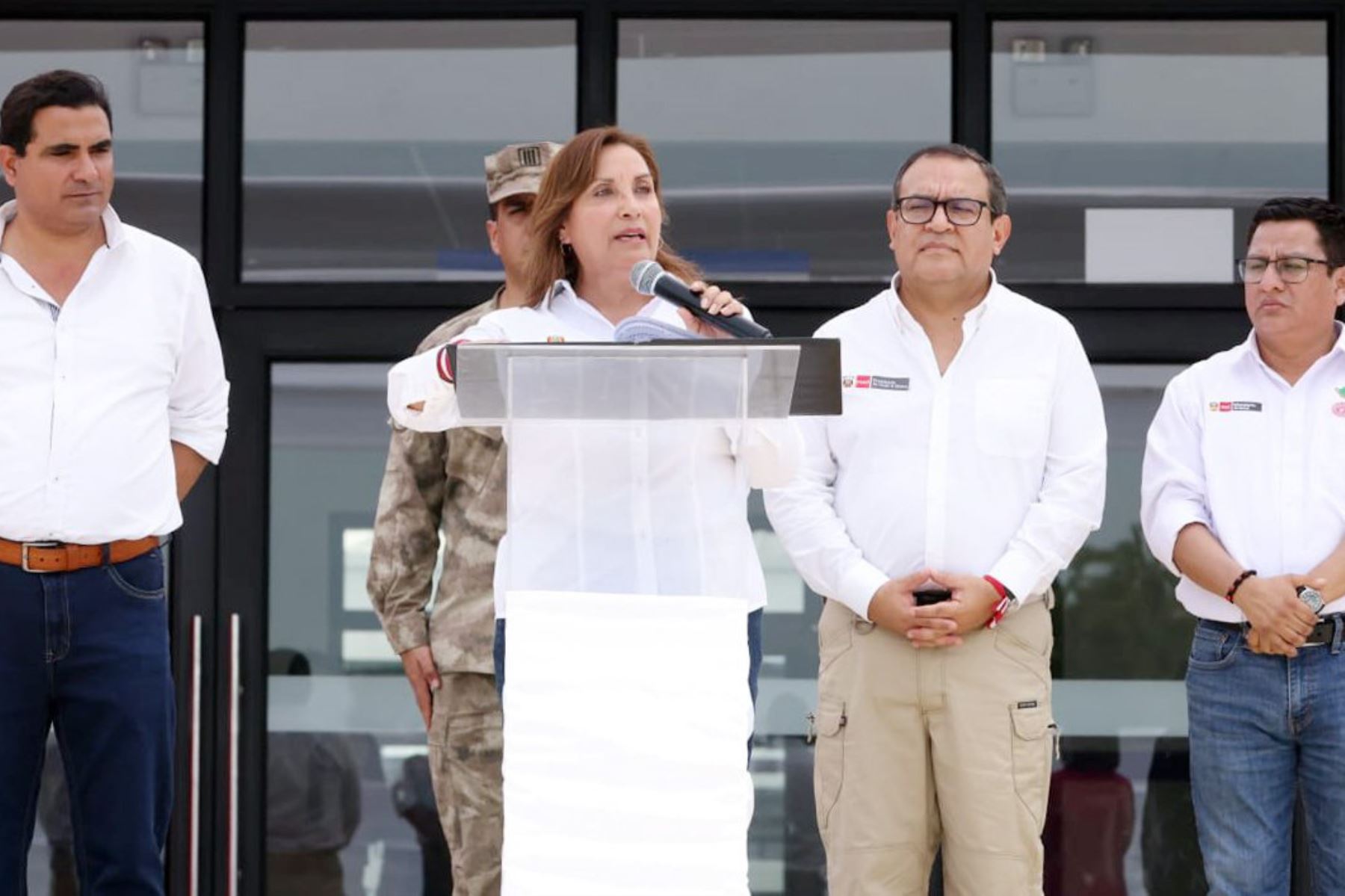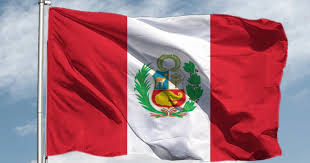
MORROPON (Piura region, Peru), Aug 25 (NNN-ANDINA) — Pres Dina Boluarte stressed that Peru does not need strikes or stoppages, but rather talk and dialogue in peace to solve the problems that affect workers in Piura and other areas of the country.
During the inauguration of Chulucanas Hospital in Piura region, she pointed out that, for this reason, authorities must solve, within the legal framework and in good dialogue, the labor problems faced by some citizens.
“We have to attend to them at the right time; we don’t need strikes, we don’t need stoppages; what we need is to talk, talk in peace for problems to be solved (…),” she expressed.
The Head of State reminded citizens that, 256 days after having become the first female President of the Republic, she assumed this responsibility to unlock some stalled public works, such as this establishment.
“Today, we are in Chulucanas to hand over this enormous hospital to Piura, so that you (citizens) can be treated urgently and with quality; today you have it, but now it is necessary to take care of it, both in its infrastructure and in the modern equipment that is delivered,” she added.
The top official announced that S/7 million (about US$1.89 million) will be granted to ensure the payment of medical personnel salaries until December.
She added that in 2024 a greater budget will be allocated, both for physicians and administrative personnel, as well as for infrastructure maintenance.
Meanwhile, the Peruvian Government has extended the state of emergency, for a period of 30 calendar days, in various districts and provinces of Tumbes, Piura, Cajamarca, Amazonas, Madre de Dios, and Tacna regions.
This measure was made official via Supreme Decree No. 098-2023-PCM published in the Official Gazette El Peruano on Thursday.
Various districts of the provinces of Zarumilla (Tumbes region); Sullana, Ayabaca, and Huancabamba (Piura region); San Ignacio (Cajamarca region); Condorcanqui (Amazonas region); Maynas (Loreto region); Tahuamanu (Madre de Dios region); Tarata and Tacna (Tacna) are comprised in the regulation.
In this sense, it provides that the Peruvian National Police (PNP) will maintain control of domestic order, supported by the Armed Forces. Thus, the police will determine the areas where such support is required.
During the state of emergency, the provisions of subparagraph 1) of article 137 of the Constitution apply with regard to the restriction or suspension of the exercise of constitutional rights related to freedom of transit throughout the national territory, freedom of assembly, as well as personal liberty and security.
Additionally, the intervention of the PNP and the Armed Forces is carried out in accordance with the provisions of the legislative decrees that regulate the use of force by the Police and Armed Forces, as well as in the “Protocol of joint action of the (Peruvian) State for the articulation of services in contexts of police detention, retention, and intervention for women and people in vulnerable conditions.”
Likewise, it establishes that the control and surveillance actions will be carried out within the framework of International Human Rights Law and considering the stipulations of the security cards in the areas close to borders —agreed bilaterally by the Armed Forces of Peru and of neighboring countries, as appropriate.
The document was signed by Pres Dina Boluarte; Cabinet Chief Alberto Otarola; Ministers Jorge Chavez Cresta (Defense); Daniel Maurate (Justice); and Vicente Romero (Interior). — NNN-ANDINA





